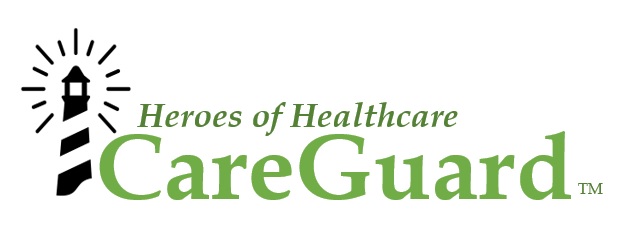Flight safety has improved drastically over time. By studying human factors and flight data, leaders in aviation safety make incremental improvements to safety procedures each time something goes wrong, so that the same error does not happen again.
“What is it that links pilots and physicians? The commonality that both are responsible for the lives of others each day, however the differences between safety improvement is each of the fields is striking. Aviation safety is built on the basis of checklists; pilots wholeheartedly believe in and rely on them to ensure that they have completed the tasks necessary to maintain the safest environment during that flight.
“But what if something goes wrong? There is a checklist for that as well. Pilots and Co-pilots have multitudes of checklists categorized into specific problems they may face during a flight that have been established based on prior errors in the field of aviation. Additionally, the speed at which flight complications are investigated, remedied, and turned into a learning tool for the rest of the aviation community is what all of healthcare should strive for. Within a matter of days or weeks, the system makes changes to its guidelines based on the recordings collected from a black box recorder on that flight and the rest of the community is educated on in a timely manner.
“We cannot say the same about healthcare. Healthcare historically has been slow to fully investigate the source of errors. This may be attributed to the longstanding stigmatization that making errors in healthcare is equated with being an inadequate physician. Having another life in your hands is already a high-pressure situation, and when pilots face trouble, they distribute responsibility and authority to prevent their focus from narrowing. The world of healthcare has yet to embrace this model, but establishing a system, like checklists, that allow for all team members to have a voice during an operation, etc. it can prevent loss of good judgement and lead to better outcomes for patients.
“You wouldn’t want to get on a flight knowing the pilots might miss a crucial step because they didn’t complete their checklists, so why are we accepting anything less in healthcare where there are also lives at stake every single day? It is time for the healthcare system to take a page from the book of aviation and step into the future of patient safety.”
Kristen Mylcraine, Campbell University School of Osteopathic Medicine, ’22
